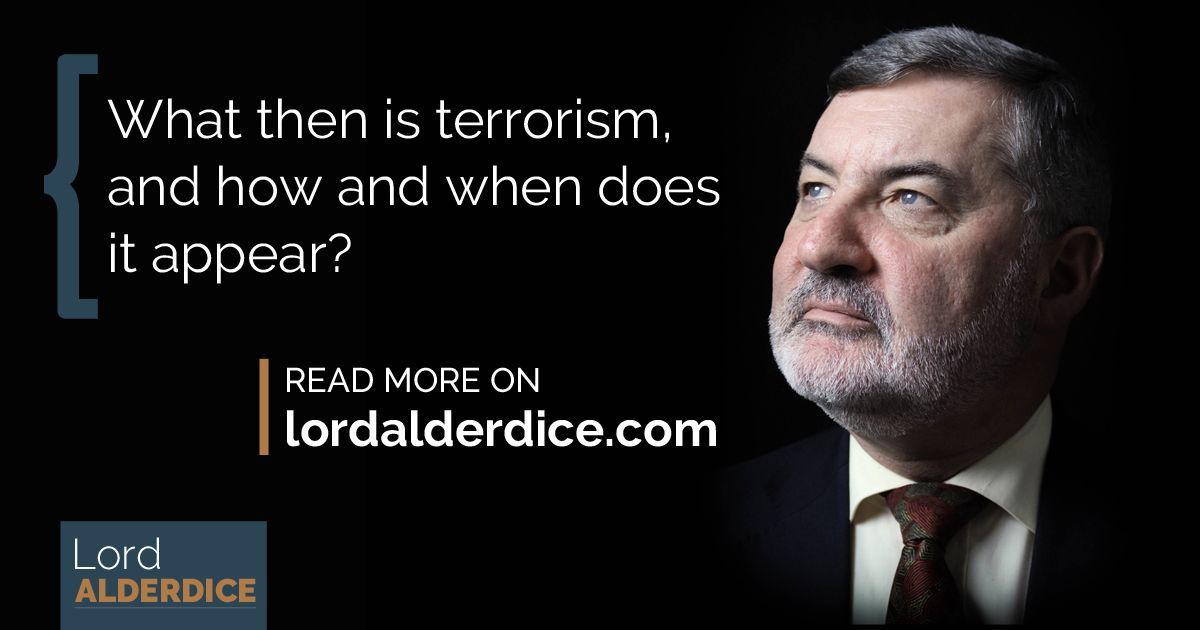Fundamentalism, Radicalization and Terrorism. Part 1: terrorism as dissolution in a complex systems
In the first of two papers, Lord Alderdice draws on his personal experience of living and working in Northern Ireland and other countries that have suffered from terrorism, and describes from a psychoanalytic and systemic perspective the history of national, cultural and political conflicts which form the backdrop to the struggles against fundamentalism, radicalization and terrorism in current times. By examining and understanding the group dynamics and collective experiences of minority populations that have suffered generations of subjugation, humiliation and injustice at the hands of others, Lord Alderdice demonstrates how terrorism is not an individual but a group phenomenon and that any successful intervention aimed at reducing fundamentalism, radicalization and terrorism needs to identify and take into account the complex relational processes and experiences in all parties involved in the current global conflict.
Read more here: http://www.tandfonline.com/eprint/ErV56EkqdDk4Dxz6qgSJ/full
Fundamentalism, Radicalization and Terrorism. Part 2: fundamentalism, regression and repair
Prior to the watershed events of 11 September 2001, terrorism was generally seen simply as politically motivated, criminal violence. Since then the phenomena of religious fundamentalism, political radicalization and terrorism have become fused in the public mind, partly under the influence of the political and military reaction described as the ‘War on Terror’ and its successors. While there is clearly an important overlap in the religious thinking of some fundamentalists, the radical agenda of political Islamist groups and the violent activities of those who currently use the tactics of terrorism, these are not identical phenomena, and treating everyone who falls into one of these groups as the same as all the others has exacerbated rather than improved global security. In the second of two papers based on his work with terrorist organizations and areas of the world embroiled in entrenched conflict, Lord Alderdice develops a different approach informed by psychoanalytical principles and systems and complexity theories to clarify some of the boundaries and overlapping elements of these three phenomena. This approach not only provides a more evidence-based analysis, but also permits a more reflective and constructive response to these clear and present dangers.
Read more here: http://www.tandfonline.com/eprint/xuzAzxF76PDNaZcVACui/full
